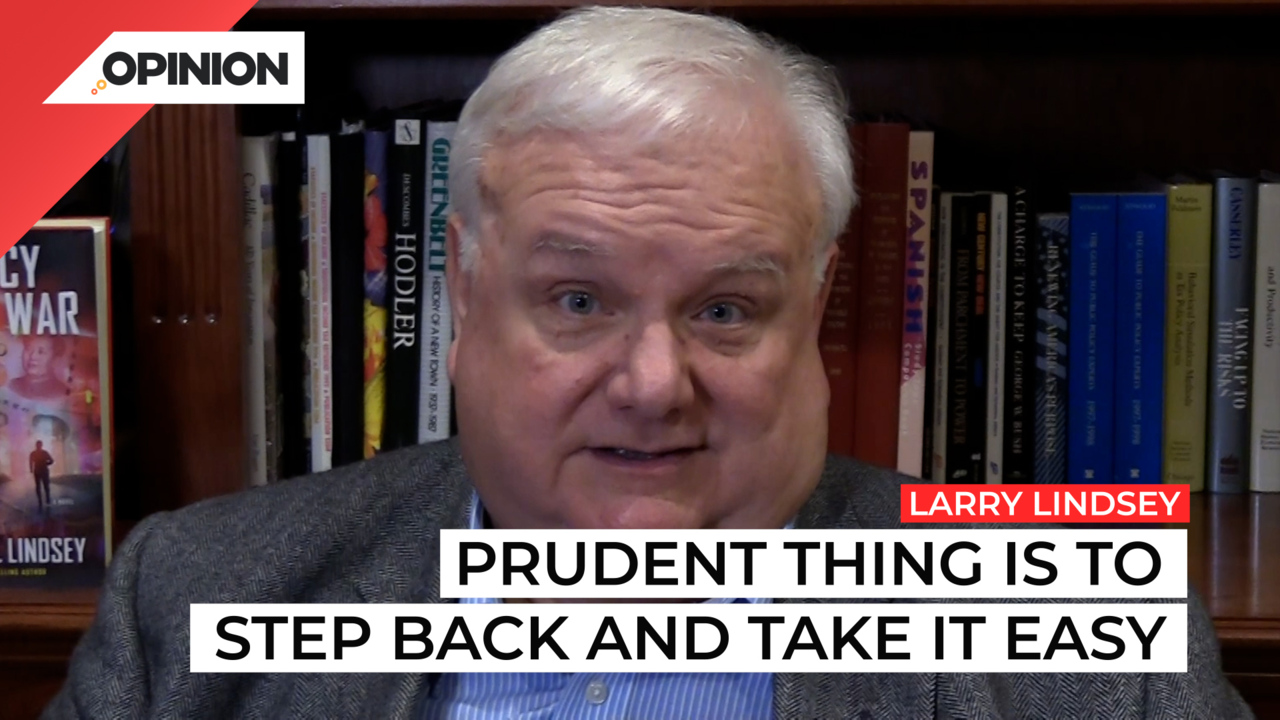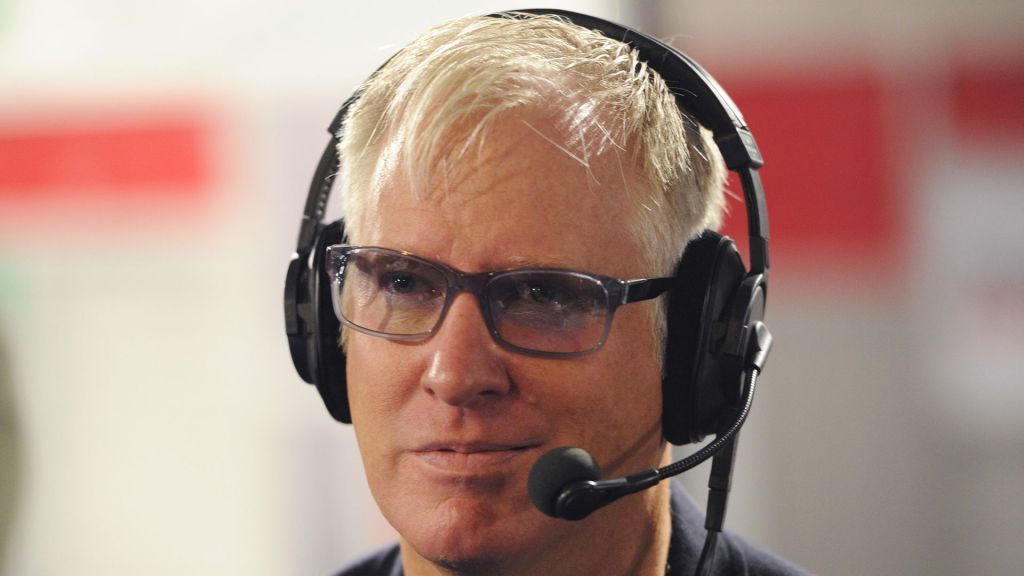
Commentary
-
Our commentary partners will help you reach your own conclusions on complex topics.
Well, now everyone is talking about recession. We have, as you know, for several months at least, but it’s now the talk of the town. What is a recession after all? Well, it’s like the Supreme Court and pornography. You know it when you see it. And there’s a special board at the National Bureau of Economic Research that officially calls the business cycle. It’s a bunch of independent academics, not government employees. Now, traditionally, they have looked at four different indicators as the primary indicator. The first is employment. And so far, so good on that score. The second is industrial production, which the Federal Reserve measures. Now industrial production includes a whole host of things. What we already know is that manufacturing is in decline. But overall industrial production, which includes mining, think oil drilling, is still holding up as long with utilities. In addition, there’s a an organization that ask businesses how they’re doing called market. And they reported that, in fact, manufacturing is declining in their surveys as well. Then there’s real final sales, which is declining. And finally, something called real disposable, excuse me, real personal income, less transfers, sounds technical, but that’s what it is. It’s essentially unchanged. So I would say we got one up two down, and one tide, we’ll have to see. There are other signs as well. For example, the Federal Reserve surveys businesses in each of the 12 Federal Reserve districts, three of the biggest ones, New York, Philadelphia, and Dallas, are all in contraction mode. In addition, the Michigan consumer sentiment index dropped 14%. In between May and June. It is now at the lowest level since it began, which was actually right after World War Two, it’s down to a level of 50. In the last three fairly deep recessions, they tended to bottom out in the mid 60s, so this is quite low. In addition, 79% of the people in the survey, expected worsening business conditions in the six months ahead. So consumers have a bleak attitude as well, to sort of put the ribbon on the whole story, to have government leaders. One is Treasury Secretary Powell, and the other is Treasury Secretary Janet Yellen. So Chairman Powell said, well, a recession is possible. And Yellen said a recession is not inevitable. Given everything, I suppose they’re putting as good a spin on it as possible. But that is pretty thin rule when it comes to defending the state of the economy. So what should you do? Well, you know, recessions are not the end of the world, we tend to have the about every six or seven years. The first thing you should ask yourself, Is Is your job secure. If your job is secure, you’re probably going to do okay. Your income as now may not keep up with inflation, but at least you’ll have an income coming in. The second thing you should consider is do you have a heavy amount of credit card debt. And to the extent possible, you should pay off your credit card debt and not use your credit card for charging purposes. Unless you pay it off at the end of the month. During the recession, it can build up easily, and that can lead you into financial trouble. And finally, and this is true at everyone, watch you’re buying the recessions are times of uncertainty. And when you face uncertainty, the prudent thing to do is step back and take it easy.
-
Biden’s EV math just doesn’t add up
In March, the Biden administration issued a new directive requiring U.S. automakers to cut the average carbon emissions of their fleets by almost 50% before 2032. That order is one component of President Biden’s larger goal to cut total U.S. carbon emissions in half by 2030. A primary method for reaching these goals will involve…
-
President Biden just isn’t cool
For some Americans, politics is only about policy, while others prioritize core values, ideas, aspirations or beliefs. Still, for others, politics may be a reflection of culture, where voting serves as a symbolic act to proclaim cultural group identity. But for some Americans, who they vote for and support is more of a popularity contest,…
-
Federal Reserve policy should be more restrictive
The American economy is booming, with high GDP growth, record-low unemployment, and wage gains for median workers. Over the past few quarters, U.S. economic growth indicators have consistently outperformed official projections. But the U.S. Federal Reserve recently conceded that its policies might be too restrictive, hindering the full potential of the U.S. economy, which the…
-
Celebrate tight labor market, but don’t cut interest rates
While President Joe Biden has been celebrating U.S. economic success, many Americans are still unhappy about the economy. So who’s right? The most recent jobs report for February showed that while the unemployment rate rose slightly to 3.9%, job gains were higher than expected, with the total coming in at 275,000 versus the expected increase…
-
Social and economic class will define 2024 election
Following in the footsteps of FDR, Democratic support in the past hundred years has drawn largely from working-class individuals, labor unions, and civil society organizations. Republican support, conversely, tended to rely upon larger corporate donations and the support of high-income individuals. In 2024, these traditional roles are evolving, and the new reality of campaign finance…
Latest Opinions
-
 Reuters
Reuters
Testimony continues in Trump's NY trial as SCOTUS debates immunity
-
 DVIDS
DVIDS
Aid package to Ukraine ‘not aimed at achieving victory’
-
 AP Images
AP Images
Poll: Majority of Americans back mass deportation of undocumented immigrants
-
 Getty Images
Getty Images
Trump lawyers admit some actions alleged in indictment are private, not official
-
 Getty Images
Getty Images
EPA coal plant rule cuts emissions 90%, removes 17M homes worth of power
Popular Opinions
-
In addition to the facts, we believe it’s vital to hear perspectives from all sides of the political spectrum.


